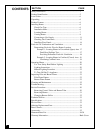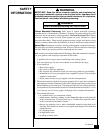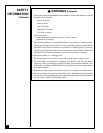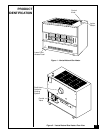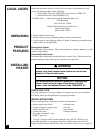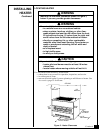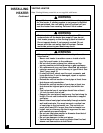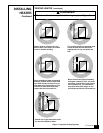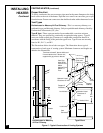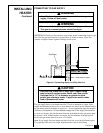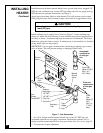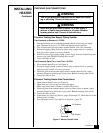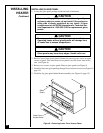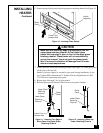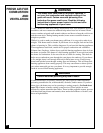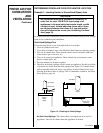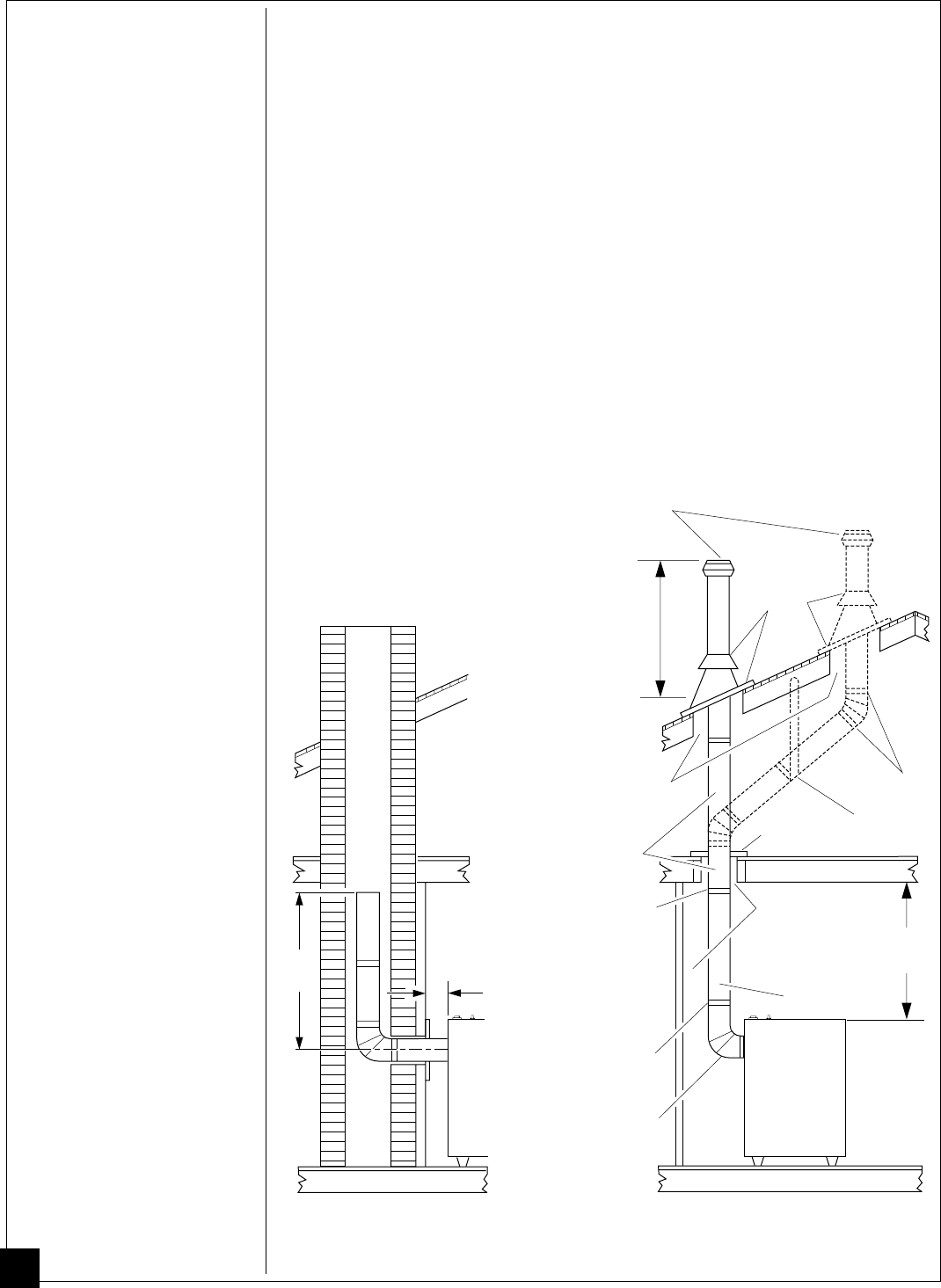
10
100351
VENTING HEATER
(continued)
INSTALLING
HEATER
Continued
Proper Size Vent
To safely vent heater, the vent connector pipe must be the same diameter as the draft
hood outlet on the rear of the heater. Pipe that is too small can cause flue gas to spill
from the heater. Fasten vent connector to the draft hood outlet with a sheet metal screw.
Vent Types
Prefabricated or Masonry All-Fuel Chimney - This is a masonry chimney or a
residential-type prefabricated chimney. Only use prefabricated chimneys listed by
Underwriters Laboratories (UL), Inc.
Type-B Vent - These vents are made of noncombustible, corrosion resistant
material. They are certified by a nationally recognized testing agency. Type-B
vents are double-
walled pipe. Clearances to combustible construction must be in
accordance with the listing of the particular type-B vent. Type-B vents are currently
listed as B-1, B-1
1
/2, and B-2.
The illustrations below show both vent types. The illustration shows typical
construction of each type of venting system. Minimum clearances and lengths are
added to the illustrations.
Figure 5 - Typical Construction of Venting Systems
5'
Min.
6"
Min.
Heater
Vent
Connector
Lock Joints
Vertical Vent
53"
Min.
Maintain Listed
Clearance of
Vent
Lock Joints
Position
Firestop
Support
Laterals
Lock
Joints
Support If
Necessary
Maintain Listed
Clearance of Vent
Vent Cap
Must Be At
Least 2 Feet
Above
Highest Point
Within 10
Feet.
Seal Around
Collar and
Flashing
Type-B Vent
Prefabricated or Masonry
All-Fuel Chimney
Heater
Terminate at least 5' above draft hood.
If vent extends over 5' above roof,
support with guy wires or braces.



